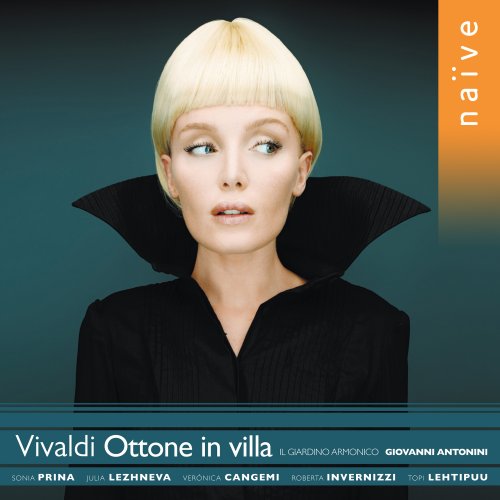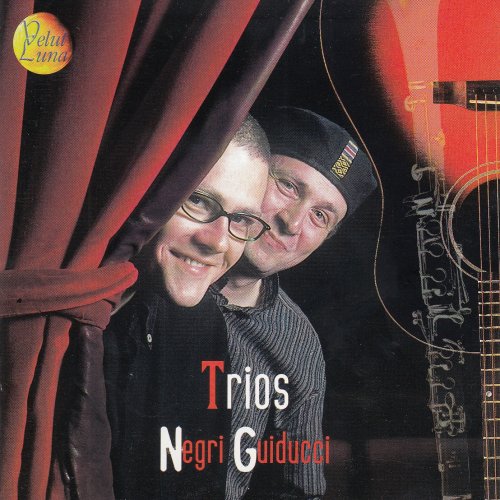Il Giardino Armonico & Giovanni Antonini - Antonio Vivaldi: Ottone in villa (2010)

Artist: Il Giardino Armonico, Giovanni Antonini
Title: Antonio Vivaldi: Ottone in villa
Year Of Release: 2010
Label: Naïve
Genre: Classical
Quality: FLAC (image + .cue, log, artwork)
Total Time: 2:14:35
Total Size: 664 MB
WebSite: Album Preview
Title: Antonio Vivaldi: Ottone in villa
Year Of Release: 2010
Label: Naïve
Genre: Classical
Quality: FLAC (image + .cue, log, artwork)
Total Time: 2:14:35
Total Size: 664 MB
WebSite: Album Preview
Vivaldi's first opera, Ottone in Villa (loosely, Ottone's Vacation), is something of an anomaly in the composer's output of largely tragic, heroic works: a pastoral comedy. Written in 1713 when the composer was 35, Ottone demonstrates Vivaldi's instinctive grasp of the operatic form and his gifts for characterization and dramatic development. Naïve continues its admirable series, The Vivaldi Edition, with this outstanding recording of the opera, a real gem. Giovanni Antonini leads Il Giardino Armonico, which plays with gleaming transparency. The performance is wonderfully lively and the opera's dancing energy is conveyed with high spirits and humor. Vivaldi is not a composer usually associated with comedy, so Ottone surprises with its wealth of delightful, sly wit. The cast Antonini has assembled seems to be made up entirely of natural comedians; every role is strongly and lovingly delineated, but soprano Roberta Invernizzi in particular stands out for the almost manic humor she beings to the character of Tullia. All of the roles are written for coloraturas, and the soloists are simply dazzling in the sheer sensuous beauty of their voices and their effortless mastery of Vivaldi's daunting and extravagantly ornamented vocal lines; this is a dream cast for the opera. There is only one male role, Decio, written for a tenor and executed with clarity and grace by Topi Lehtipuu. The soprano role of Caio Silio was written for a castrato, and it is sung here by Julia Lezhneva. The part might have had more verisimilitude if it had been taken by a counter tenor, but given how sumptuous Lezhneva's voice is, it would be ungrateful to complain. As the Emperor Ottone, a part that was actually originally conceived for a female contralto, Sonia Prina comes across as impressively testosterone-driven and her voice is notable both for its substance and its agility. Soprano Verónica Cangemi, as Cleonilla, sings with simply radiant loveliness. Naïve's sound is characteristically clean, clear, and warmly ambient, but doesn't do much to create a sense of theatrical space. -- Stephen Eddins

![Santana - Borboletta (1974/2024) [SACD] Santana - Borboletta (1974/2024) [SACD]](https://www.dibpic.com/uploads/posts/2026-01/1769789656_front.jpg)

![Tatsu Akiba - Akiba Tatsu (2026) [Hi-Res] Tatsu Akiba - Akiba Tatsu (2026) [Hi-Res]](https://www.dibpic.com/uploads/posts/2026-01/1769777177_cover.jpg)




![Can Tutuğ, Tolga Şişko - Akşam Üzeri (2026) [Hi-Res] Can Tutuğ, Tolga Şişko - Akşam Üzeri (2026) [Hi-Res]](https://www.dibpic.com/uploads/posts/2026-01/1769583297_jl1mm9w1u8uht_600.jpg)
